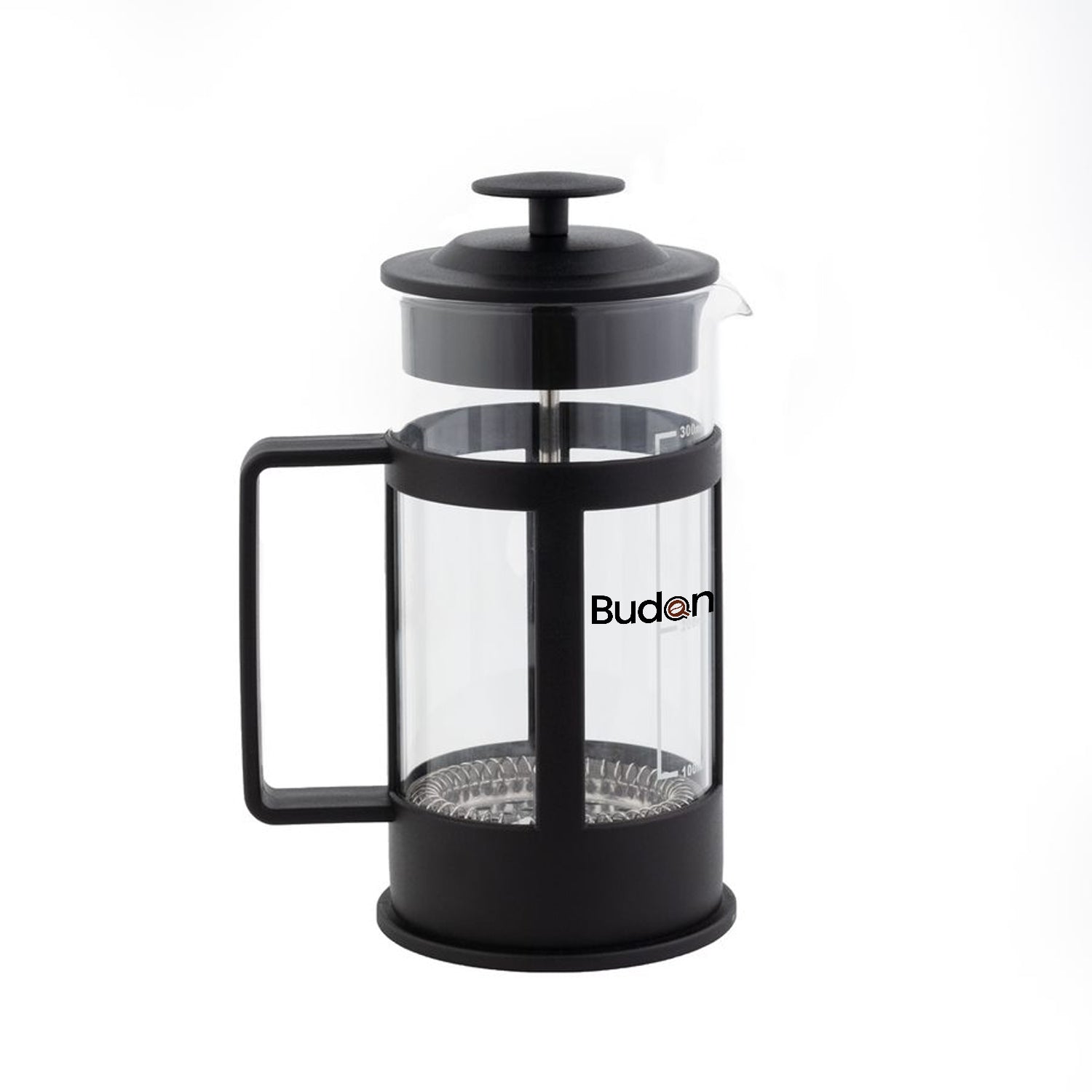When it comes to coffee, not all beans are created equal. Among the many varieties that exist, one type consistently stands out as the gold standard for quality: Arabica coffee beans. Revered by coffee connoisseurs and baristas alike, Arabica accounts for nearly 60–70% of the world’s coffee production and is prized for its delicate flavor, balanced acidity, and aromatic complexity.
In this comprehensive guide, we’ll dive into everything you need to know about Arabica coffee beans—from their origins and growing conditions to their flavor profile, benefits, and how they compare to other types of coffee beans.
What Are Arabica Coffee Beans?
Arabica (Coffea arabica) is a species of coffee plant that produces beans known for their superior taste and quality. Native to the highlands of Ethiopia, Arabica coffee plants grow best in tropical climates at high elevations (600–2000 meters above sea level), with ample rainfall and mild temperatures.
Arabica beans are oval-shaped, slightly larger than their counterpart Robusta, and contain less caffeine—typically around 1.2–1.5%. What they lack in caffeine punch, they make up for in flavor nuance and aroma.
A Brief History of Arabica Coffee
Arabica coffee has a rich and fascinating history. Legend has it that coffee was first discovered in the Ethiopian region of Kaffa by a goat herder named Kaldi, who noticed his goats becoming energetic after eating berries from a particular shrub.
By the 7th century, Arab traders brought coffee to Yemen, where it was cultivated and consumed as a beverage. The word “Arabica” stems from the Arabian Peninsula, where the coffee trade flourished. By the 15th century, the iconic Mocha port in Yemen became the epicenter of the global coffee trade, giving rise to the term “Mocha coffee.”
Today, Arabica is cultivated in countries across Africa, Latin America, and Asia, with Brazil, Colombia, Ethiopia, and Kenya being some of the most notable producers.
How Arabica Coffee Beans Are Grown
Arabica coffee plants are delicate and require specific conditions to thrive:
-
Altitude: Grown at elevations between 600 and 2000 meters.
-
Temperature: Best grown in cooler temperatures between 15–24°C.
-
Soil: Rich, volcanic, and well-drained soils enhance bean quality.
-
Shade: Often grown under shade to protect the plant and slow maturation, which improves flavor.
Due to these requirements, Arabica beans are typically hand-picked, making their production more labor-intensive and expensive. However, the payoff is a bean that boasts complexity, brightness, and depth.
What Do Arabica Coffee Beans Taste Like?
One of the biggest reasons why Arabica beans are preferred is their exceptional taste profile. While flavors can vary depending on origin, roast level, and processing method, some common tasting notes include:
-
Fruity or floral undertones
-
Bright acidity
-
Mild body
-
Sweetness with chocolate or nutty finish
-
Clean, crisp mouthfeel
Unlike Robusta beans, which are often bitter and earthy, Arabica offers a more refined, smooth, and aromatic cup. This makes it a top choice for specialty coffees, single-origin offerings, and gourmet blends.
Health Benefits of Arabica Coffee Beans
Like other coffee beans, Arabica comes packed with antioxidants, minerals, and caffeine that can offer several health benefits:
1. Rich in Antioxidants
Arabica beans contain polyphenols and chlorogenic acid, which may help fight inflammation, protect against chronic disease, and support heart health.
2. Lower Caffeine = Less Jitters
With less caffeine than Robusta, Arabica provides a smoother, more moderate energy boost—ideal for those who are caffeine-sensitive.
3. Boosts Brain Function
Moderate coffee consumption has been linked to improved alertness, mood, and cognitive function.
4. Supports Metabolism
Caffeine in Arabica can help boost metabolism and fat oxidation when consumed as part of a healthy lifestyle.
Pro Tip: Always opt for freshly ground Arabica coffee beans from trusted sources to maximize health and flavor benefits.
How to Brew Arabica Coffee for the Best Flavor
Arabica beans shine brightest when brewed with care. Here are popular brewing methods that complement their subtle flavor notes:
1. Pour Over (e.g., Hario V60, Chemex)
This method allows full control over brewing variables and enhances the bean’s fruity acidity and clean finish.
2. French Press
Great for showcasing Arabica’s body and mouthfeel, especially with medium-dark roasts.
3. Espresso
While Arabica can be used for espresso, it works best when combined with a small percentage of Robusta for extra crema and body.
4. Cold Brew
Cold steeping extracts Arabica’s smoothness and reduces its acidity—great for summer sipping.
Regardless of method, always grind fresh and use filtered water for the best results.
Buying and Storing Arabica Coffee Beans
To get the most out of your coffee beans, follow these tips:
-
Buy whole beans, not pre-ground, for maximum freshness
-
Look for roast dates, not expiration dates
-
Choose single-origin beans if you want to explore unique flavor notes
-
Store in an airtight container away from light, heat, and moisture
-
Consume within 2–4 weeks of roasting for best flavor
Reputable Indian roasters like Blue Tokai, Something’s Brewing (Budan), Third Wave Coffee, and KCROASTERS offer excellent Arabica options sourced from estates in Chikmagalur, Coorg, and Araku Valley.
Final Thoughts: Why Arabica Coffee Beans Deserve the Spotlight
Arabica isn’t just another type of coffee bean, it’s the pinnacle of specialty coffee. With its delicate flavor, aromatic depth, and smooth character, Arabica offers a brew that goes beyond just caffeine; it delivers an experience.
While more expensive and harder to grow than Robusta, Arabica coffee beans reward every extra effort with a cup that is balanced, refined, and brimming with flavor. Whether you’re a daily sipper or a weekend explorer, Arabica has something to offer.
So the next time you’re shopping for coffee beans, take a moment to explore the world of Arabica, you just might discover your new favorite brew.


























